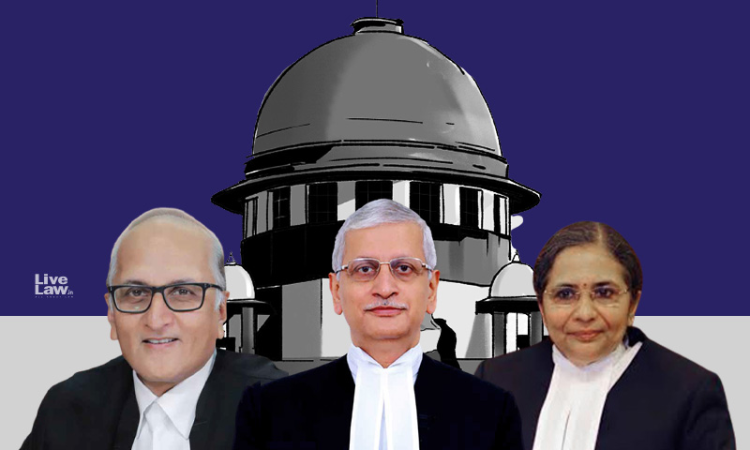Employee Can't Claim ACP Benefits On The Ground That It Is More Beneficial Than MACP Scheme : Supreme Court
Shruti Kakkar
9 March 2022 8:20 PM IST

Next Story
9 March 2022 8:20 PM IST
The Supreme Court has set aside a judgment of the Delhi High Court which directed for applying the Modified Assured Career Progression (MACP) Scheme in the Delhi Development Authority with effect from January 1, 2006.The bench of Justices UU Lalit, SR Bhat and Bela M Trivedi was considering SLP assailing Delhi High Court's order of directing to extend the MACP benefits to the Delhi...
